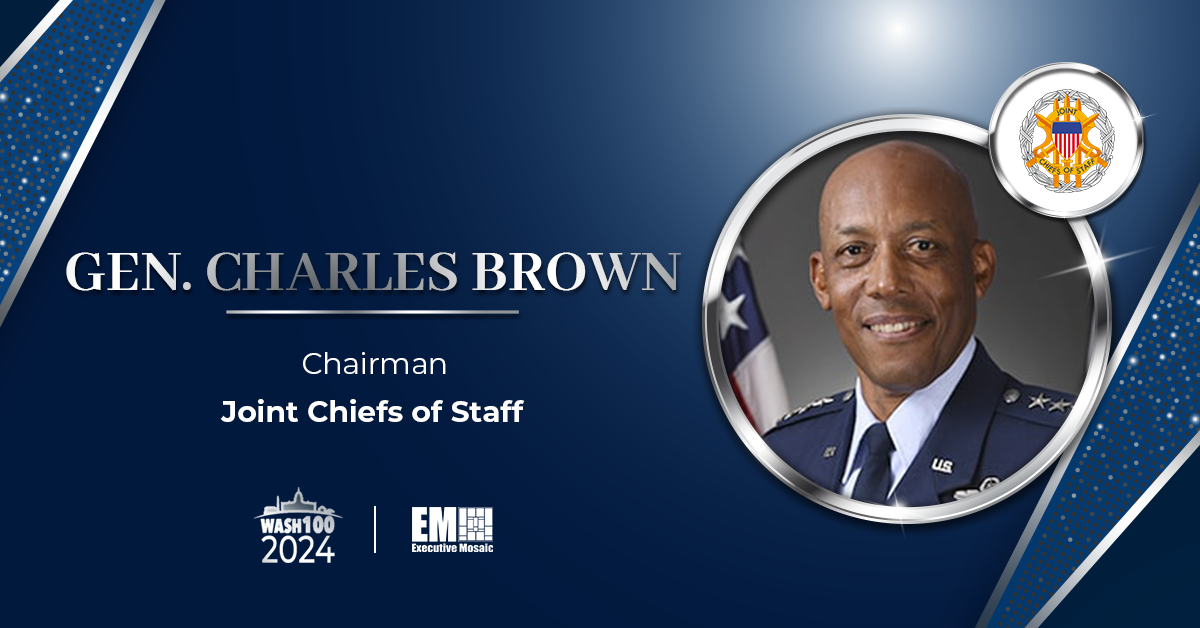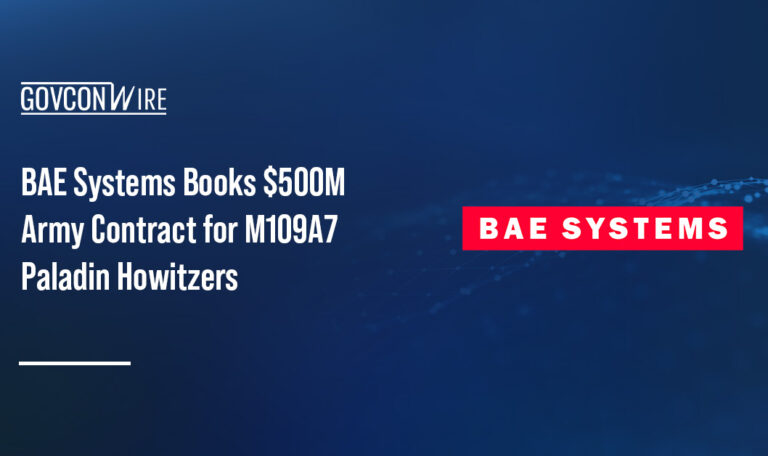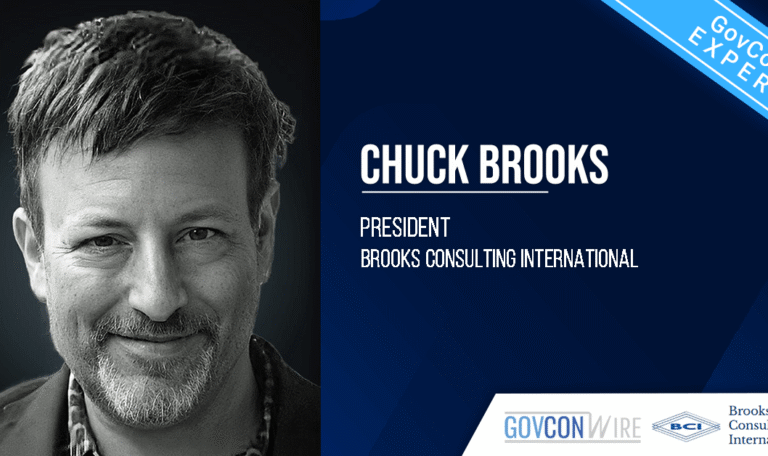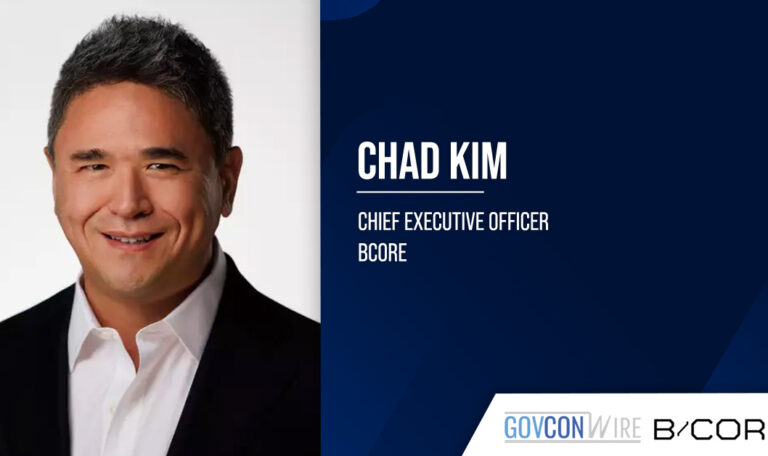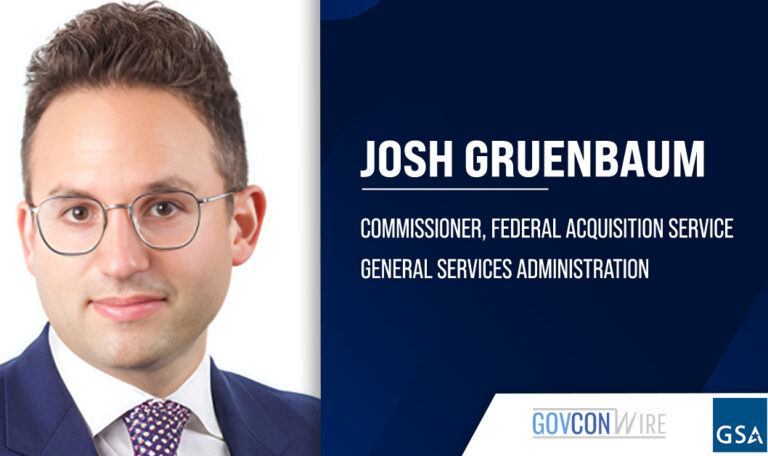Executive Mosaic is honored to introduce Gen. Charles “CQ” Brown, chairman of the Joint Chiefs of Staff, as an inductee into the 2024 Wash100 — an annual list of public and private sector leaders who are at the forefront of trends and events shaping the government contracting activity.
Vote for Brown as your favorite GovCon leader as part of the 2024 Wash100 popular vote competition! Voting closes on April 30, so visit Wash100.com to cast your ten votes today.
This year marks Brown’s first Wash100 win, acknowledging his contributions to bolstering U.S. national security.
“Gen. CQ Brown is a stalwart, stoic leader whose consistency, expertise and strategic thinking have landed him not only the crucial role as the nation’s top military officer but also a spot on our Wash100 list this year. Throughout his nearly 40-year career, Gen. Brown has demonstrated a deep commitment to defense missions and the experience and knowledge needed to execute those missions. He is an obvious first-time addition to our Wash100 list and we welcome him enthusiastically,” said Jim Garrettson, CEO of Executive Mosaic and founder of the Wash100 Award.
In September, the Senate confirmed Brown, then chief of staff of the U.S. Air Force, as the 21st chairman of the Joint Chiefs of Staff, succeeding Army Gen. Mark Milley, a four-time Wash100 Award winner who took the helm of the Joint Chiefs of Staff in October 2019.
The White House announced Brown’s nomination to serve as the top U.S. military officer in May.
In early October, the Air Force general issued a memo outlining his top three priorities as the country’s top military officer: mastering warfighting within the service, working seamlessly across domains and combining skills with those of allies and partners.
Brown reiterated his commitment to the Air Force’s strategic approach, Accelerate Change or Lose.
“Our nation needs us ready to fight today’s battles but also to prepare for tomorrow’s wars,” Brown wrote in the memo. “We must prepare by modernizing and aggressively leading with new concepts and approaches. Know that my conviction to ‘Accelerate Change’ has not wavered.”
The approach entails four “action orders” that seek to reduce bureaucracy and streamline the decision-making process and reshape the service’s mindset and culture to address strategic competition, among others.
In December, the chairman held talks with his Chinese counterpart to reaffirm the significance of maintaining open and direct communications lines to reduce the risk of misunderstanding amid a range of regional and global security issues.
At a forum in December, Brown highlighted the importance of talking about the opportunities in military service to get young individuals to choose a career in the field.
“I think about the opportunities and the things that young people will have the opportunity to do if they were to join our military,” he said at the event. “We’ve got to talk about that. And partly the reason I say that is because I believe young people only aspire to be what they see or know about. If you don’t know about the opportunities of serving in the military, you may never pursue that career field.”
During his time as the Air Force’s chief of staff, Brown said the Department of Defense should send a steady demand signal to help the defense industrial base keep up with the U.S. military’s demand for munitions, missiles and spare parts.
“We’ve got to look at multiyear procurements so that it helps give a predictable demand signal to industry,” Brown noted.
The general also introduced the Air Force Future Operating Concept, which supports the National Defense Strategy through the convergence of the Department of the Air Force’s operational imperatives, Accelerate Change or Lose Approach and the service’s Force Generation deployment model, among others.
“We will not be able to execute the Air Force Future Operating Concept without mission command. It takes practice and intentional development,” Brown said during his keynote at a symposium in March 2023. “You must brief mission command, you must train mission command, you must exercise mission command and you must debrief mission command. Mission command is essential to winning … In order to execute at a high standard, we can’t play for second place; we need to play to win.”
He stated that the service intends to commit more funding in future budgets to the use of unmanned aircraft that will fly alongside with crewed platforms.
“I think you’ll you’ll see as we start looking at our future budgets and the analysis we’re doing as part of the operational imperatives that we are committed to more uncrewed capability,” he noted.
In June, the Air Force held a tabletop exercise focused on addressing strategic risks associated with performing logistics in contested environments.
“Credible military logistics capability is a key element of integrated deterrence,” the general commented. “As a member of the Joint Force team, the Air Force must adapt quickly to the character of a modern, high-end fight, and I’m proud of how the professionals from across our logistics enterprise are pushing to accelerate change in this decisive decade.”
Prior to assuming the chief of staff role, Brown was the commander of the Pacific Air Forces, air component commander for U.S. Indo-Pacific Command and executive director of Pacific Air Combat Operations Staff.
The Air Force general previously served as deputy head of U.S. Central Command, commander of U.S. Air Forces Central Command and director for the Secretary of the Air Force and Chief of Staff Executive Action Group.
Brown, a command pilot, also served as a National Defense Fellow at the Institute for Defense Analyses in Alexandria, Virginia.
Executive Mosaic congratulates Gen. CQ Brown and the Joint Chiefs of Staff organization for their selection to receive the 2024 Wash100 Award. Don’t forget to vote for Brown at Wash100.com.


